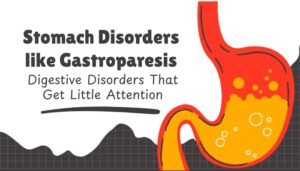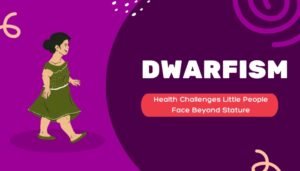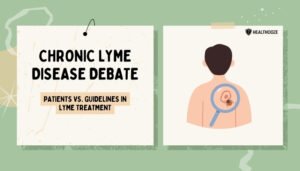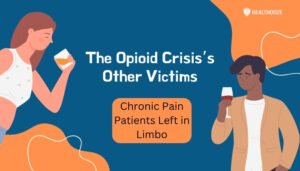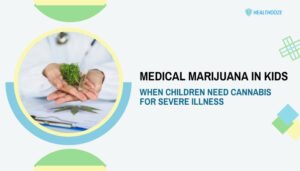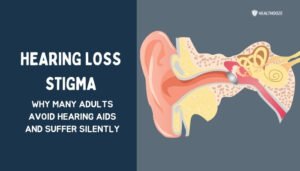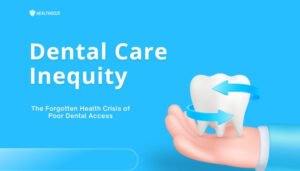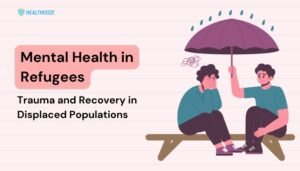Stomach Disorders like Gastroparesis: Digestive Disorders That Get Little Attention
Introduction When it comes to gastrointestinal ailments, many people think of common concerns like reflux or IBS. However, gastroparesis—a condition where the stomach empties slower than normal—remains relatively overlooked despite its life-altering effects. Often relegated to the margins of digestive...
Read MoreDwarfism: Health Challenges Little People Face Beyond Stature
Introduction Dwarfism—or short stature—encompasses more than just height. People with dwarfism, sometimes referred to as “Little People,” often encounter a range of medical complexities related to bones, joints, spine, or other body systems. Social stigmas and physical barriers can add...
Read MoreChronic Lyme Disease Debate: Patients vs. Guidelines in Lyme Treatment
Introduction Lyme disease, caused by the bacterium Borrelia burgdorferi, usually responds well to a short course of antibiotics. However, a subset of patients continue to experience debilitating symptoms—referred to by some as chronic Lyme disease or post-treatment Lyme disease syndrome...
Read MoreThe Opioid Crisis’s Other Victims: Chronic Pain Patients Left in Limbo
Introduction The opioid crisis has reshaped the way doctors prescribe pain medications—and not always in ways that benefit patients. While tighter controls can help prevent drug misuse, these same policies can inadvertently push chronic pain patients into a precarious state:...
Read MoreEnd-of-Life Care Discussions: Why We Avoid Talking About Hospice and Wills
Introduction Conversations around end-of-life care, ranging from hospice options to advanced directives and wills, often feel uncomfortable or taboo. Few relish discussing mortality, let alone making decisions about ventilators, feeding tubes, or inheritance. But sidestepping these topics can lead to...
Read MoreMedical Marijuana in Kids: When Children Need Cannabis for Severe Illness
Introduction Once an unthinkable notion, medical marijuana is now examined as a therapeutic option for children with intractable illnesses—particularly debilitating forms of epilepsy, cancer side effects, or chronic pain. While controversies persist, some parents turn to cannabis derivatives when conventional...
Read MoreCaretaker Burnout: The Hidden Stress on Those Caring for Ill Loved Ones
Introduction When a loved one is ill or disabled, family members often step in as unpaid caregivers—juggling medications, appointments, emotional support, and everyday tasks. While this role can be rewarding, the incessant demands also strain physical health, mental well-being, and...
Read MoreHearing Loss Stigma: Why Many Adults Avoid Hearing Aids and Suffer Silently
Introduction Hearing loss is a common yet often hidden challenge affecting millions of adults worldwide. Despite modern hearing aids being more discreet and effective than ever, many who struggle to hear refrain from seeking help or wearing assistive devices. Stigma—fueled...
Read MoreDental Care Inequity: The Forgotten Health Crisis of Poor Dental Access
Introduction When people think of critical health crises, oral health often ranks low on the list. Yet dental care inequity is a major public health concern, with many low-income families, rural residents, and marginalized groups struggling to see a dentist....
Read MoreMental Health in Refugees: Trauma and Recovery in Displaced Populations
Introduction Refugees flee violence, persecution, or disaster, often enduring abrupt uprooting from their homeland. This sudden displacement, along with the perils of escape, can profoundly affect mental health. Beyond the immediate challenges—like securing shelter or food—refugees confront trauma from witnessing...
Read More
